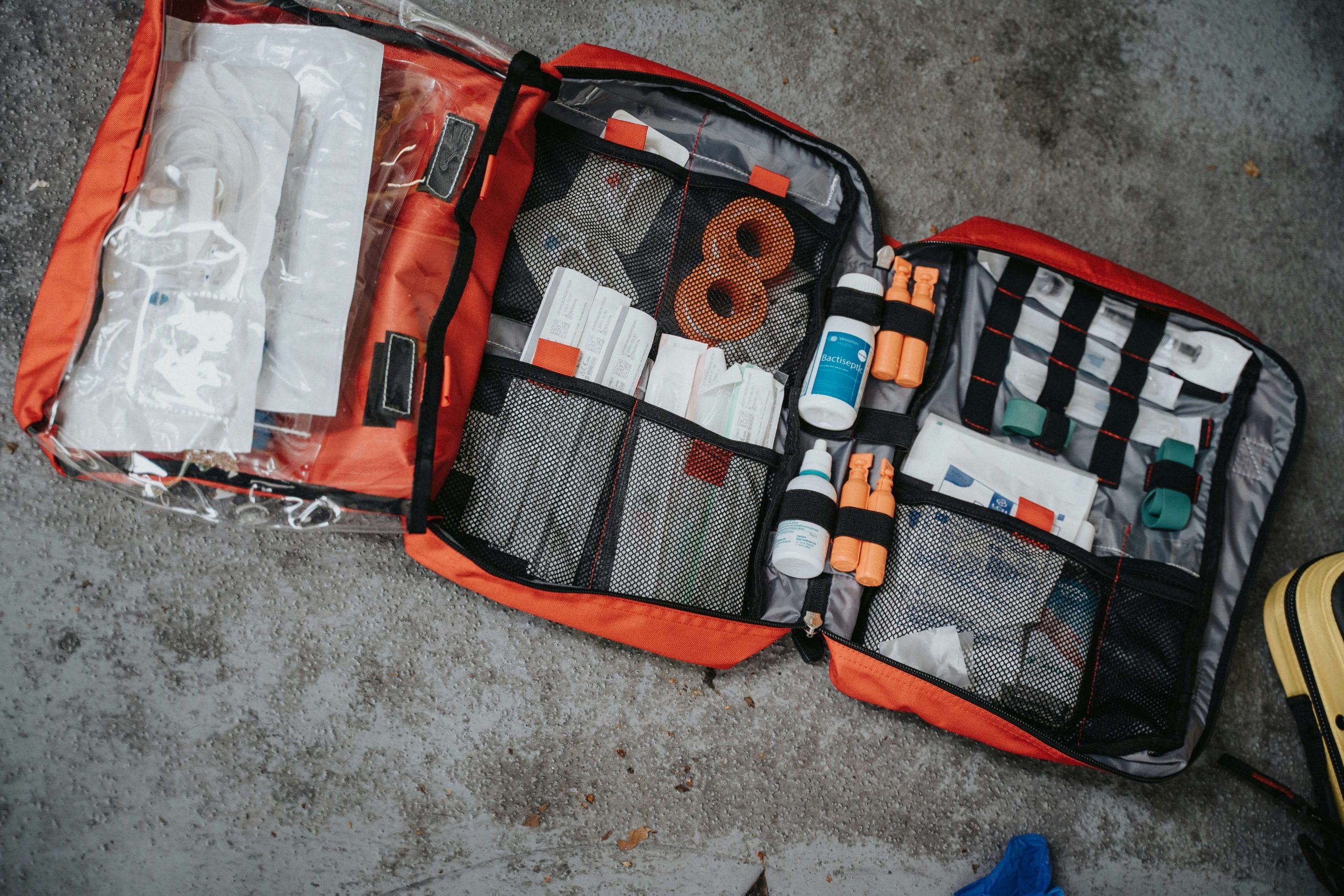Staying safe is always a top priority for parents. Knowing the basics of first aid can help you handle emergencies with confidence. Here, you’ll learn essential first aid skills and tips to protect your children. Having first aid knowledge is crucial for parents and childcare providers. Accidents and emergencies can happen at any time, and being prepared can make a significant difference in outcomes. This blog post will equip you with first aid tips for parents, from treating minor injuries to handling life-threatening situations, ensuring you’re ready to act when it matters most.
First Aid Essentials at Home
Every home should have a well-stocked first aid kit. This kit should include items such as adhesive bandages, gauze pads, antiseptic wipes, and adhesive tape. Additionally, include a thermometer, tweezers, scissors, and a first aid manual. Don’t forget pain relievers, antihistamines, and hydrocortisone cream for various ailments. Regularly check and replenish your kit to ensure everything is up-to-date and ready for use.
Common Childhood Injuries
Children are naturally curious and active, which means they’re prone to minor injuries. Scrapes, cuts, and bruises are common occurrences. Clean cuts with antiseptic and cover them with a bandage to prevent infection. For bruises, apply a cold compress to reduce swelling. Keep an eye on any injury that doesn’t improve or shows signs of infection, and seek medical advice if necessary.
Allergies and Anaphylaxis
Allergic reactions can range from mild to severe. Symptoms like hives, itching, and swelling may indicate an allergic reaction. In severe cases, anaphylaxis can occur, causing difficulty breathing and a drop in blood pressure. Always keep an epinephrine auto-injector (EpiPen) handy if your child has severe allergies. Administer it immediately and call emergency services if anaphylaxis occurs.
Choking Hazards
Choking is a common hazard, especially for young children who explore their environment by putting objects in their mouths. Learn the Heimlich maneuver and how to administer back blows and chest thrusts for infants. If your child is choking, act quickly to dislodge the object and seek medical help immediately.
Burns and Scalds
Burns and scalds are painful and can cause lasting damage. Run cool water over the burn for at least 10 minutes to reduce heat and swelling. Cover the area with a clean, non-stick dressing and avoid using ice or creams. For severe burns, seek medical attention immediately.
CPR and AED Use
Cardiopulmonary resuscitation (CPR) is a vital skill that can save lives. Learn the basics of performing CPR on infants, children, and adults. Additionally, familiarize yourself with the use of an automated external defibrillator (AED). In cardiac emergencies, prompt CPR and AED use can significantly increase survival rates.
Conclusion
First aid training is invaluable for parents and caregivers. By learning these essential skills, you’ll be better prepared to handle emergencies and protect your loved ones. Consider enrolling in a first aid course to gain comprehensive knowledge and confidence in your abilities. Additionally, Troomi Wireless offers phones that protect teenagers’ mental health, providing access to necessary features while keeping them away from harmful content like social media and cyberbullying. Equip yourself with the knowledge and tools to ensure your family’s safety and well-being.Interested in learning more? Click here


